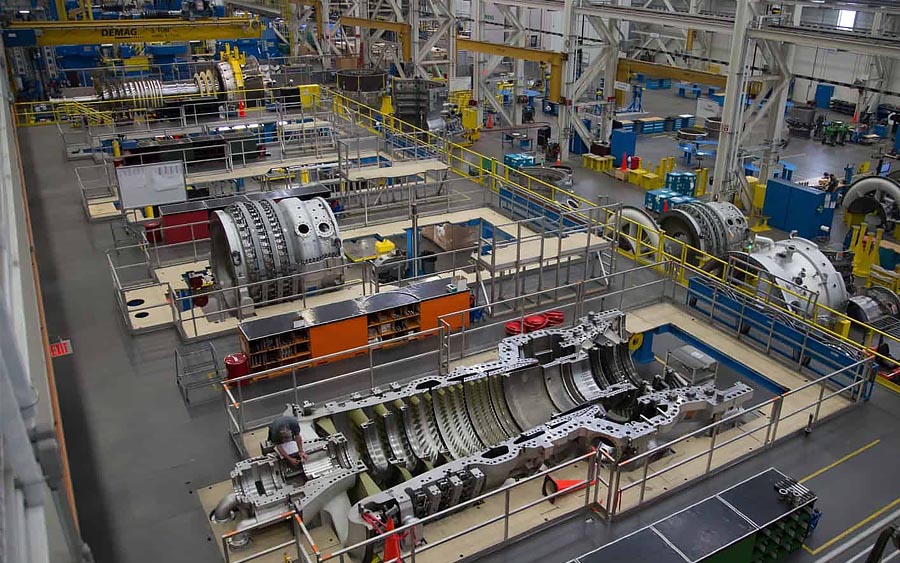Nigeria’s manufacturing sector has continued to gain momentum as it rallied to build on the growth recorded in the third quarter of 2019. This was disclosed in the latest report released by the Central bank of Nigeria (CBN).
According to the CBN Purchasing Manager’s Index (PMI) 2019, the Manufacturing PMI stood at 59.3 index points in November, up from 58.2 points index recorded in the previous month.
A composite PMI above 50 points indicates that the manufacturing/non-manufacturing economy is generally expanding; 50 points indicate that there is no change while a PMI below 50 points indicates that it is generally contracting.
Manufacturing PMI maintains growth
In November 2019, the five major components of manufacturing PMI grew at faster rates more than the previous month. The production level, new orders, supplier delivery time, employment level and raw material inventories all recorded growth.

The CBN report also disclosed that thirteen of the fourteen surveyed subsectors reported growth in the month under review in the following order:
- transportation equipment;
- petroleum & coal products;
- furniture & related products;
- electrical equipment;
- plastics & rubber products;
- food, beverage & tobacco products;
- non-metallic mineral products;
- printing & related support activities;
- cement; fabricated metal products;
- primary metal;
- chemical & pharmaceutical products; and
- textile, apparel, leather & footwear.
[READ MORE: Nigeria’s manufacturing sector contracts, as key components shrink)
Meanwhile, the paper products subsector recorded decline in the review period.
Non-manufacturing PMI
Just as the manufacturing sector PMI grew, the non-manufacturing PMI also indicated faster growth in November. The composite PMI for the non-manufacturing sector grew to 60.1 points as against 58.2 points recorded in the previous month. Meanwhile, fifteen of the seventeen surveyed subsectors recorded growth in the following order:
- vehicles;
- finance & insurance;
- management of companies;
- wholesale/retail trade;
- real estate rental & leasing;
- educational services;
- health care & social assistance;
- construction; transportation & warehousing;
- accommodation & food services;
- utilities; agriculture;
- arts, entertainment & recreation;
- water supply, sewage & waste management;
- professional, scientific, & technical services;
- information & communication; and
- electricity, gas, steam & air conditioning supply.

Also, the four major components, which include business activity (60.0 index point), new orders (60.7), employment level (58.4) and non-manufacturing inventory (61.5), all recorded growth.
Major takeaways
PMI is one of the most closely-watched business surveys in the world, favoured by central banks such as the US Federal Reserve, European Central Bank, and Bank of England for providing the most accurate advance signals to the macroeconomy.
- The latest PMI shows that new order and local production components in the manufacturing sector improved, as the indexes rose the highest.
- This means stronger domestic demand spurred growth in the manufacturing sector.
- Overall, firms stepped up their inputs stock build-up while local demand responded marginally faster to the supply chains.
- Hence, the manufacturing sector is expected to improve slightly beyond the 1.10% slow growth posted in the third quarter of 2019.




















